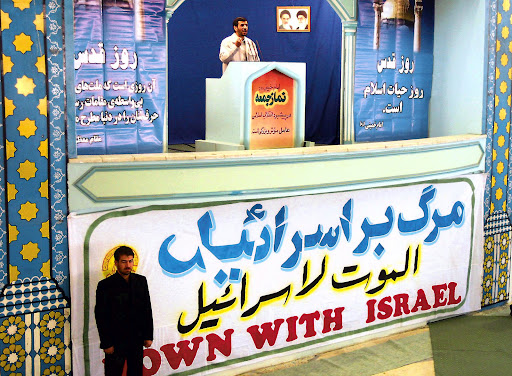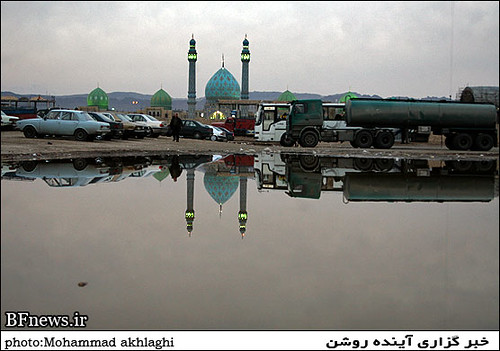Types of Istikhara
For every task that you undertake, you should seek Allah (S.w.T.)’s support and pray for good end to your efforts. Whatever the end result, remain consigned to Allah (S.w.T.)’s wish.
After seeking Allah (S.w.T.)’s support, rivet your attention to your heart and act according to the signal you get from there.
After seeking Allah (S.w.T.)’s support, consult some sagacious Mu’min and act on the matter according to his advice.
Do Istikhara through the Qur’an, the rosary, through chits or marble like balls.
The Allama says that, “In several traditions there is a pointer towards the first type of Istikhara. Several other scholars, like Shaikh Mufīd, Allama Tūsi and Ibn Idrīs are hesitant about the fourth type of Istikhara. But, since there are traditions in support of all the four types of Istikhara, we cannot reject any of the four methods. Any way, the first three ways of doing the Istikhara are very appropriate, which in our times are almost defunct.”
Several youths came during their examination times and want a Istikhara to be done whether they stand a chance of passing the examination or not. In brief, we want to mention about the edict of Shari’ah in such matters. We request you to communicate these words to others in your circle that people better shun their wrong ways and do not pollute their faith with silly habits.
Clear Warnings about Istikhara
About Istikhara all schools agree that the Prophet (S) has advised that this should not be avoided for any small or big task.
Amir al-Mu’minīn (a.s.) says, “During my journey to Yemen, on which I went on the orders of the Prophet (S), besides other instructions, he said, ‘O ‘Ali! During this journey never forget to see the Istikhara at every stage.’ One who does Istikhara will never have troubles nor one who consults others will ever repent.”
Every Imam has exhorted his successor about the Istikhara as he has done about the recitation of the Qur’an.
This Istikhara about which so much has been said is not just seeing the odd and even of the beads of the rosary. But the purpose is to seek good from Allah (S.w.T.) (Talab al-khaira min Allah). In every task that you do, you must seek Allah (S.w.T.)’s help and pleasure!
There are several traditions about the method and prayer for Istikhara. One is that for routine works, one should say seven times, “Astakhair Allah berehmate khairat fi aafiah”.
For important matters like travel, business deals or surgeries repeat the same words a hundred and one times. If the words are said in a state of prostration, it would be better. And if the words are repeated in the prostration after a optional prayer, and better after the optional prayer following the mandatory morning prayer (Fajr).
In another tradition it is narrated from Imam Zayn al-’Abidin (a.s.) that the words of Istikhara should be repeated ten times for routine matters and two hundred times for important matters like journeys, Umrah etc.
People have been very strongly advised to seek help in their matters from Allah (S.w.T.) in a state of prostration. That is the time when one is nearest to Allah (S.w.T.). If men make this their habit and practice, and never divert from it, then all actions will be felicitous. If a person has any doubt about this, he should study in depth the methods for removing the doubts recorded in the pure Shari’ah.
Suggestions for Removing Doubts
The best suggestion is that which is in according to the Nass (categorical order) of the Qur’an, and that is not to take advise from any person other than one falling in the four following categories:
Wise, shrewd and far-sighted. It goes without saying that seeking suggestions from foolish persons will be futile.
One who is religious and pious. Seeking suggestions from a faithless and careless person is not desirable. When a person doesn’t care for Allah (S.w.T.), how one can expect that he would care for ordinary mortals?
One who is your friend and well-wisher. A person who is one’s adversary cannot give advice in your interest.
A person who is your confidante and will not disclose about your matters to others.
If any person has all the four qualities, he can always be consulted on important matters. Allah (S.w.T.), from whom you have sought help in your matters, will convey to you through the advice of the person of your choice about the best course you must adopt in your matters.
The Holy Imams (a.s.) Used to Take Advice
Allama Majlisi quotes from Imam Ridha (a.s.) that he said, “My revered father, Imam Mūsa Ibn Ja’far as-Sadiq (a.s.), despite being of the highest intellect, used to consult with his slave occasionally. For example: Whenever he embarked on some important task, he used to seek the advice of the clever slave. If performance of that task was advisable, he would go ahead with it.”
“The Imam was once asked by some one, ‘Although you are the Imam of the times, you are taking advice from a slave! Being the Imam you should have knowledge of everything.’ He replied, ‘what do you know? Is it not possible that Allah wishes to enlighten me about certain matters through his mouth?’”
Whenever one is in a doubt and confusion about matters, he should act in accordance with Allah (S.w.T.)’s injunction in the Holy Qur’an and the sayings of the Prophet and the Imams (a.s.).






